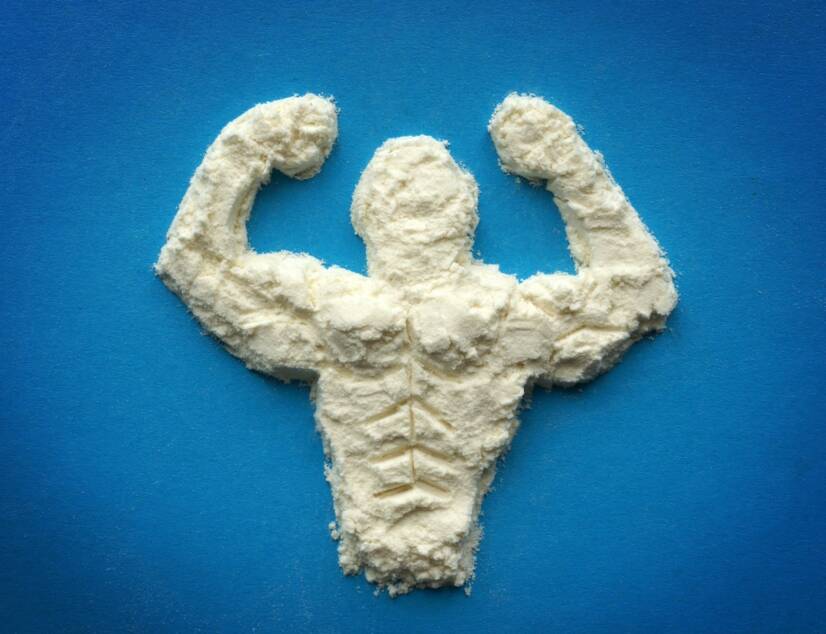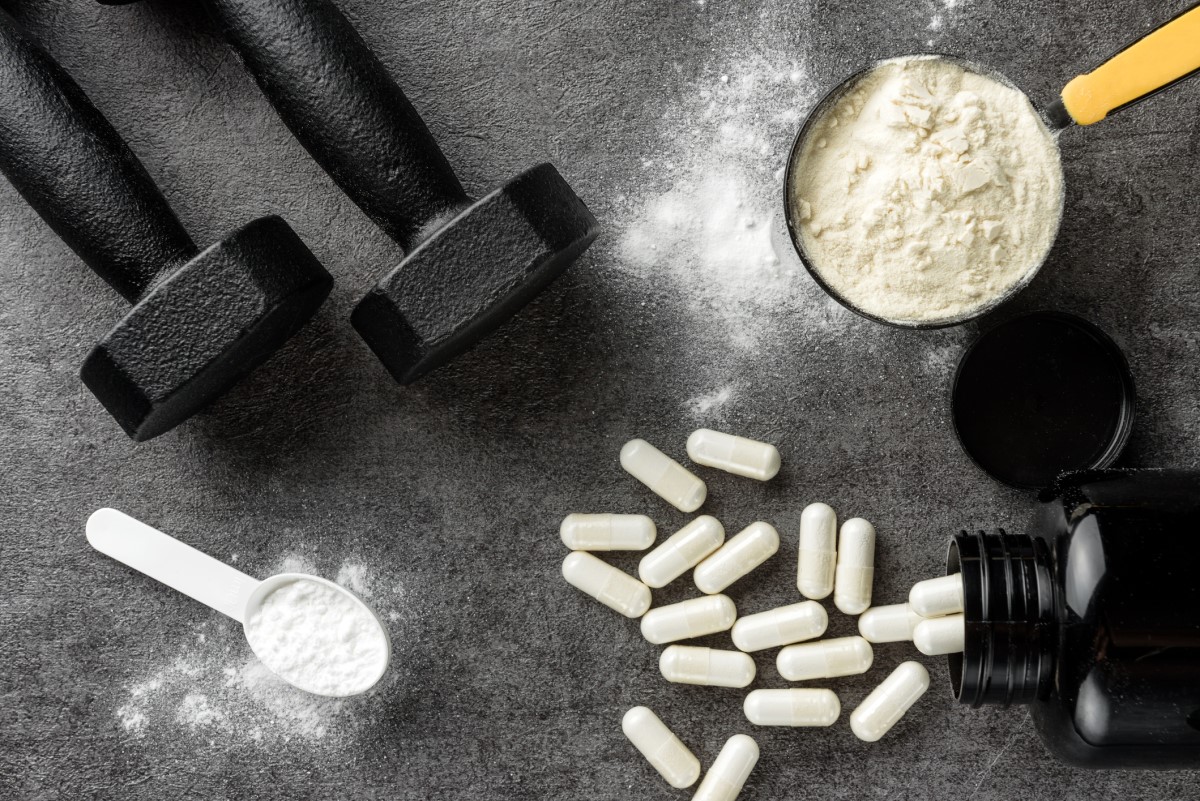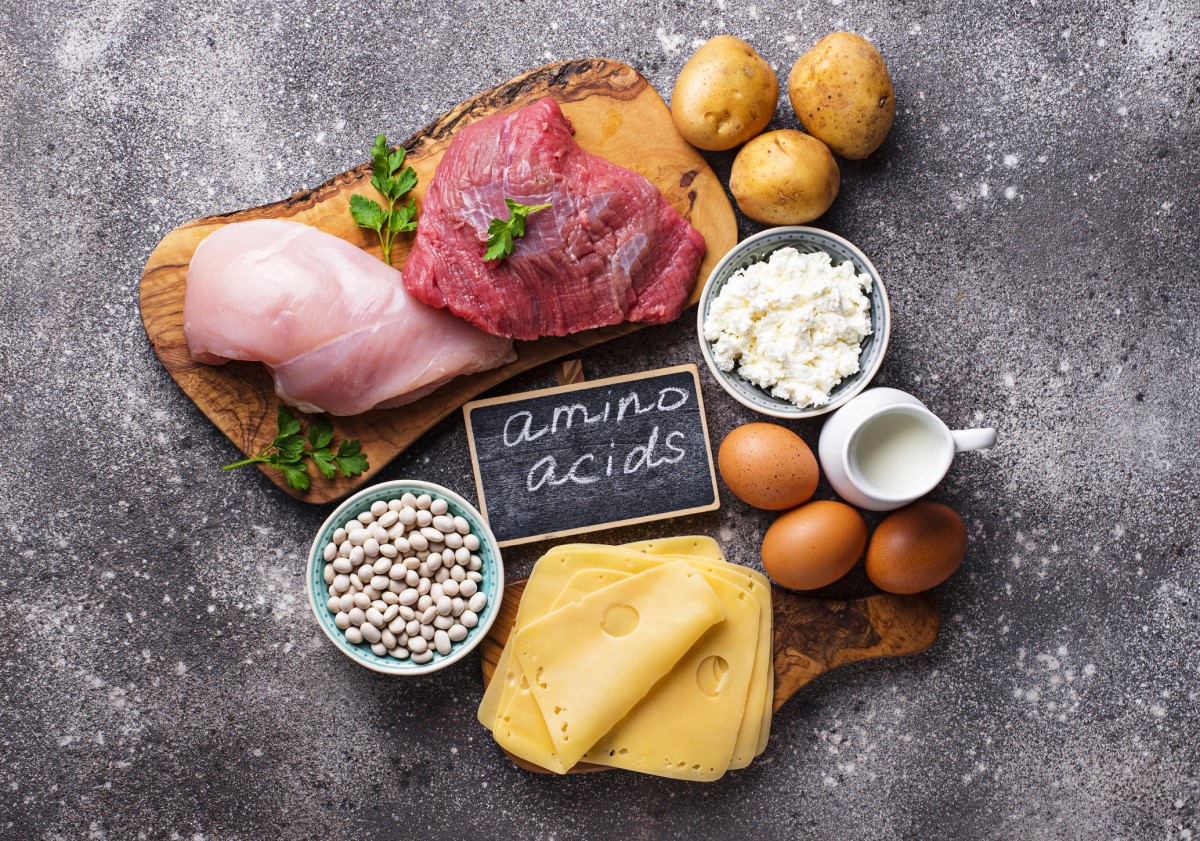- pubmed.ncbi.nlm.nih.gov - Biochemistry, Essential Amino Acids
- ncbi.nlm.nih.gov - Soy and Health Update: Evaluation of the Clinical and Epidemiologic Literature
- pubmed.ncbi.nlm.nih.gov - Glycine, a Dispensable Amino Acid, Is Conditionally Indispensable in Late Stages of Human Pregnancy
- ncbi.nlm.nih.gov - Updates on Nutraceutical Sleep Therapeutics and Investigational Research
- pubmed.ncbi.nlm.nih.gov - The effects of acute branched-chain amino acid supplementation on recovery from a single bout of hypertrophy exercise in resistance-trained athletes
- ncbi.nlm.nih.gov - The Effect of Amino Acids on Wound Healing: A Systematic Review and Meta-Analysis on Arginine and Glutamine
- pubmed.ncbi.nlm.nih.gov - Food Products as Sources of Protein and Amino Acids-The Case of Poland
- pubmed.ncbi.nlm.nih.gov Differential distribution of amino acids in plants
- zona.fmed.uniba.sk - Amino acids and peptides
What are amino acids and why do we need to replenish them in the body? + Natural sources

What are amino acids and why are they important to us? Where can we find them?
Article content
Amino acids are chemicals that are considered the most important building blocks of proteins. Almost our entire body is made up of proteins. Many important metabolic processes depend on them and they play an indispensable role in the body's defences.
Among the vital processes for which amino acids are needed are protein synthesis, the formation of hormones and neurotransmitters or other organic compounds.
Amino acids are found in foods that are rich in these substances. These are mainly animal sources such as meat, fish, eggs, or plant sources such as soy.
Active athletes or people suffering from chronic diseases take selected amino acids in the form of dietary supplements. This helps them to increase sports performance, improve mood, stamina and vitality of the body.
Amino acids can be divided into three groups according to their importance for organic processes and the body's ability to synthesize them. There are essential amino acids, conditionally essential amino acids and non-essential amino acids.
What are essential amino acids?
Amino acids are organic compounds. They consist of nitrogen, carbon, hydrogen and oxygen atoms.
The human body needs up to 20 different amino acids for growth, development, function and health. All 20 are important and the body cannot lack them. However, only 9 of them are officially classified as essential, i.e. necessary for life.
The essential amino acids include histidine, isoleucine, leucine, lysine, methionine, phenylalanine, threonine, tryptophan and valine.
Our body can synthesize non-essential amino acids, but cannot make essential amino acids. Therefore, we ensure our intake of essential amino acids by eating foods that contain high amounts of essential amino acids.
The best sources of essential amino acids are animal sources of protein, especially meat, eggs and fish. However, vegetarians need not be deprived of adequate intake of essential amino acids, especially if their diet includes sources such as soy products, edamame and tofu.
All of the above animal and vegetable protein sources contain all nine essential amino acids. We refer to such rich foods as "complete" protein sources.
When protein-rich foods are ingested, the body breaks them down into individual amino acids and then reassembles them into products needed for vital processes such as muscle formation and regulation of immune response.
Conditionally essential amino acids
Some amino acids are classified as non-essential. However, there are life situations where there is an increased need for their intake. Therefore, we refer to them as conditionally essential.
Such specific situations occur, for example, during illness, pregnancy, during a growth spurt or after difficult operations and injuries.
An example is arginine, which is a non-essential amino acid. However, our body cannot make as much of it as it needs when it is recovering from a serious injury or even when it is fighting a chronic disease such as cancer.
For these conditions, it is therefore important to take dietary supplements containing arginine.
During pregnancy, glycine and arginine become essential. A pregnant woman needs sufficient amounts of these amino acids not only for her health, but also for the proper development of her baby.
What essential amino acids do we need?
Of the nine essential amino acids, each of them performs a number of important tasks:
1. Phenylalanine is an amino acid that our body uses to make neurotransmitters such as dopamine, epinephrine, and noradrenaline. Since these are happiness hormones, a deficiency of this amino acid can cause sadness, depression, or anxiety.
2. Threonine is the most important building block of structural proteins such as collagen and elastin. These proteins determine the strength and elasticity of tissues such as bones, cartilage, ligaments, tendons and, last but not least, skin. It also plays an important role in fat metabolism and the immune response.
3. Tryptophan is a substrate for the production of serotonin, a neurotransmitter that regulates appetite, mood and sleep quality. Tryptophan induces drowsiness, so its deficiency is associated with sleep and falling asleep disorders.
4. Methionine is indispensable for proper metabolism and detoxification of the body. It aids in the absorption of trace elements such as zinc, selenium and minerals that maintain health and support immune system defense responses.
5. Lysine is an essential amino acid used in protein formation, calcium absorption, and the synthesis of important hormones and enzymes. It is also important for maintaining energy and relieving fatigue, not just for athletic performance. It promotes elasticity and youthfulness of the skin by forming collagen and elastin.
6. Histidine is an amino acid from which histamine is formed in the body. This compound is particularly familiar to allergy sufferers, as it is a neurotransmitter secreted primarily during the immune defence response. It is also involved in the regulation of digestion, sexual function and biorhythms. It is indispensable to the nervous system. It plays an important role in the formation of myelin, the nerve sheath that surrounds nerve fibres.
+ BCAA group of amino acids
7. Valine is one of the three branched-chain amino acids (BCAAs) listed here. Branched-chain means it has at least one side chain that extends from one side of its molecular structure. Valine positively promotes muscle growth and recovery and also stimulates the body to perform better.
8. Leucine, like valine, is a BCAA amino acid that is essential for protein synthesis and muscle regeneration. In addition, it regulates blood sugar levels, promotes wound healing, and stimulates growth hormones.
9. Isoleucine is the last of the three BCAAs, which is mainly involved in building muscle mass. In addition, it is essential for the proper function of the immune system, the formation of the blood dye hemoglobin and the production of energy for cell life.
For humans, amino acids and proteins are the most well-known, especially for their importance in building muscle mass.
However, amino acids have many other important building functions in the body, so a deficiency will negatively affect a number of functions, including the nervous, reproductive, immune and digestive systems.
The importance of their intake is therefore not just about gym-goers and the growth of their biceps.
BCAAs = Branched Chain Amino Acids.

Food/natural sources of essential amino acids and their recommended daily intake
Our bodies cannot make essential amino acids, so it is important to get enough of them daily through diet.
The World Health Organization (WHO) has developed a list of amino acids and their required daily intake, which is necessary to maintain the vitality of the body. The values are given per 1 kg of healthy adult weight.
- Histidine - 10 mg
- Isoleucine - 20 mg
- Leucine - 39 mg
- Lysine - 30 mg
- Methionine - 10.4 mg
- Phenylalanine in combination with the non-essential amino acid tyrosine - 25 mg
- Threonine - 15 mg
- Tryptophan - 4 mg
- Valine - 26 mg
If you multiply these values by your weight in kilograms, you will find out how many milligrams of each amino acid you need to take in your diet each day.
However, it is not particularly difficult to meet this requirement, especially if you are used to eating a varied combined diet of animal and plant origin in regular and adequate doses.
For better inspiration, we offer a list of the best food sources, i.e. complete foods that contain all 9 essential amino acids:
These are the following foods:
- Beef and pork
- seafood
- poultry
- eggs
- dairy products
- soya and pea proteins
Some plant sources of protein, such as beans, nuts and some grains, are very good and healthy foods. However, they cannot be included in the list of complete foods because they lack one or more essential amino acids.
If you are a vegetarian and your daily diet includes only plant foods, you can still ensure adequate intake of all nine essential amino acids. The key is a varied and abundant daily intake of a variety of plant proteins and their combination with plant protein supplements.

Interesting information in the article:
Essential nutrients in the human diet: what are proteins, sugars, fats?
Why take essential amino acid supplements?
Essential amino acids are found in a wide variety of different plant and animal foods. Some people take concentrated doses of these amino acids, for example in the form of drinks, powders or bars, which can have a positive effect on their health.
In addition to building muscle mass, there are generally lesser-known benefits associated with amino acid use:
- They improve mood
The amino acid tryptophan is an essential part of serotonin synthesis.
Serotonin is a neurotransmitter that acts as a regulator of mood, sleep and behaviour in the brain.
When serotonin levels are low, we suffer from sleep disorders, low mood and even depression. Taking tryptophan will increase serotonin production, which will positively affect our mood and emotions.
Even a small amount of tryptophan per day, up to 3 grams, effectively reduces anxiety and increases positive mood.
- Increase performance and recovery
The three most well-known amino acids are valine, leucine and isoleucine. These are essential BCAAs that are especially needed by athletes to improve their performance, stimulate muscle recovery after exercise, relieve fatigue and even reduce muscle soreness after a hard workout.
The most preferred ratio of the amino acids leucine, isoleucine and valine is 2:1:1.
Some studies even point to the fact that taking BCAAs is better for body and muscle recovery than physical rest, helping to reduce muscle damage and also reducing the perception of exertion and exercise intensity during training.
- They accelerate wound healing after injuries and surgeries
Dietary supplements containing BCAA amino acids improve tissue regeneration after various injuries.
An example is the accelerated healing of bone fractures, especially in the first two weeks after an injury.
Many studies have also shown a reduction in the risk of post-operative complications such as wound infection or fluid accumulation in the abdominal cavity in people after surgical procedures, such as cancer.
The use of essential amino acids also prevents excessive muscle loss during long-term immobilisation, e.g. after knee or hip surgery.
Interesting resources
Related










